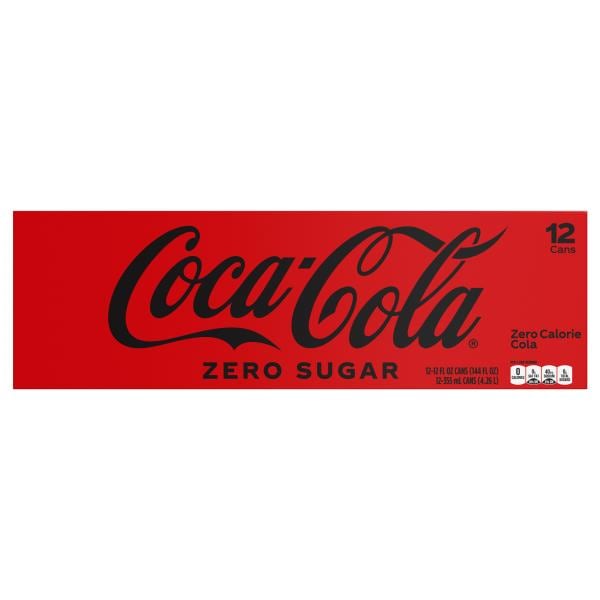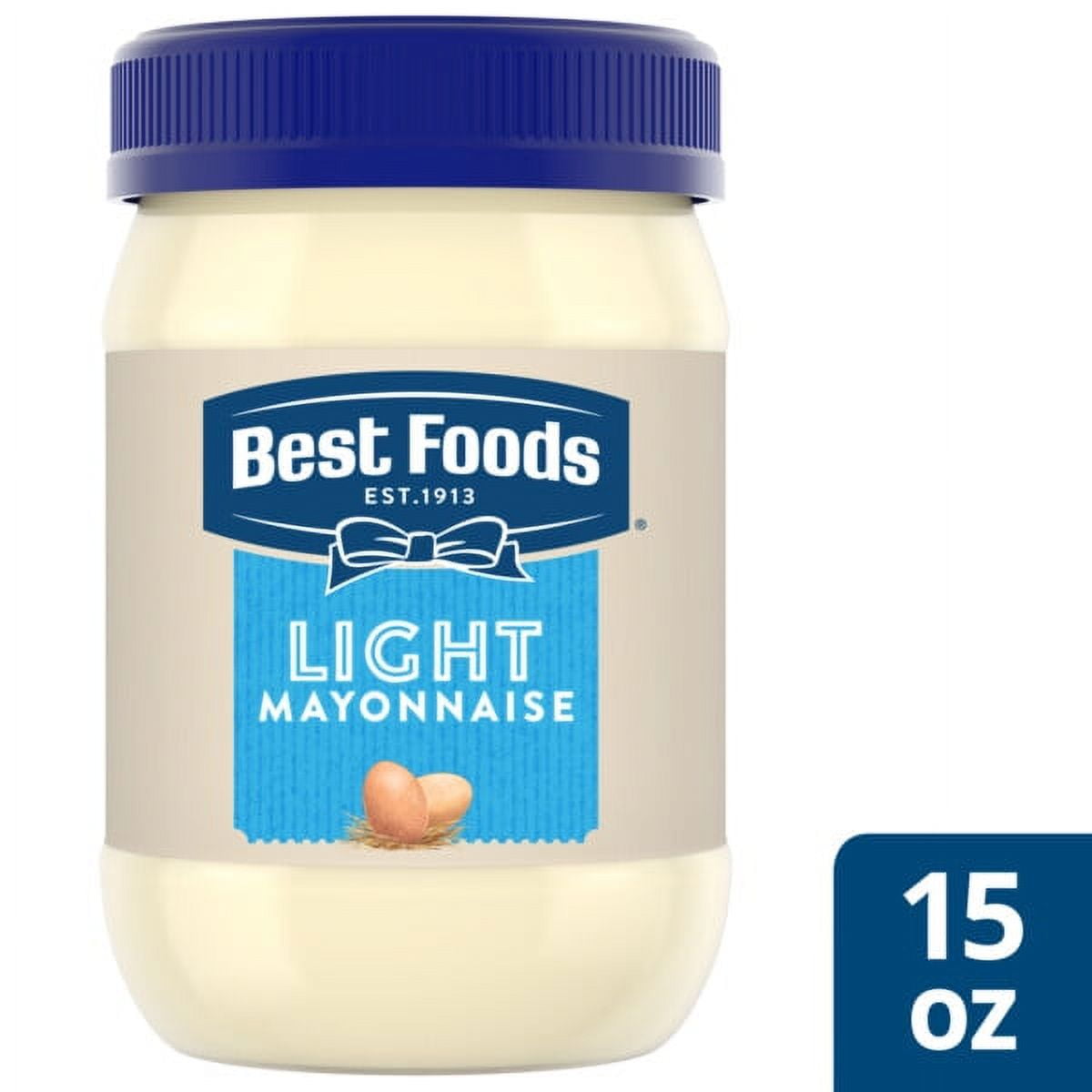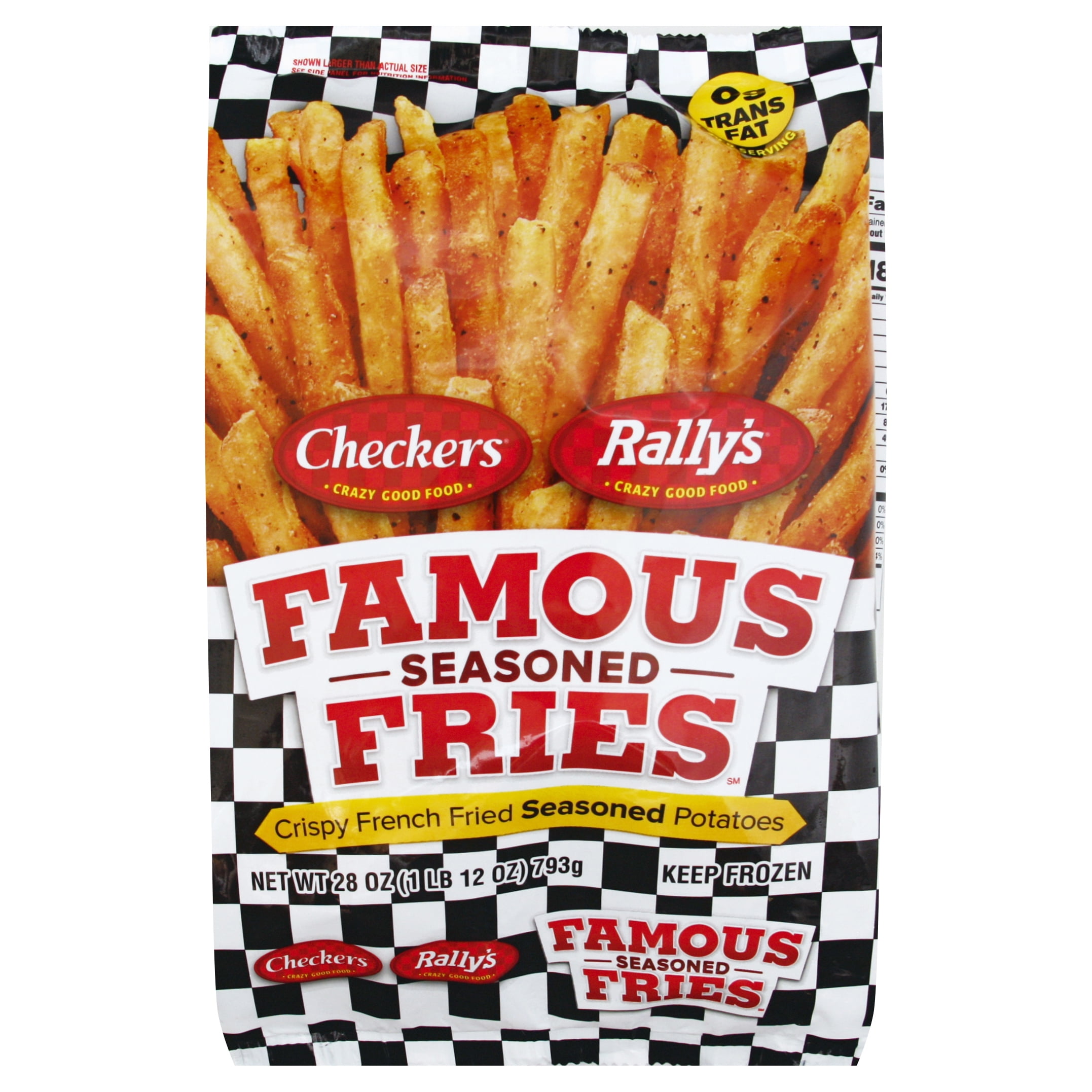How Healthy is Coca-Cola Cola?

A fizzy friend on your table
When it comes to managing diabetes, finding beverages that won't spike your blood sugar is crucial. Coca-Cola Cola offers a zero-sugar option that can provide a sweet indulgence without direct sugar impact; however, it contains artificial sweeteners, which some research suggests may affect blood sugar regulation in sensitive individuals. As always, moderation is key! To create a diabetic-friendly meal, consider incorporating Coca-Cola Cola in a balanced way by pairing it with foods that stabilize your blood sugar levels.
Here are some practical tips for enjoying Coca-Cola Cola within a diabetic-friendly diet:
- Balanced Meals: Pair Coca-Cola Cola with meals featuring whole grains, lean proteins, and plenty of fiber-rich vegetables to help even out blood sugar spikes. For instance, enjoy a grilled chicken salad on a bed of quinoa, sipping your cola as a refreshing accompaniment.
- Snack Pairings: Consider incorporating Coca-Cola Cola with snacks like whole-grain crackers and hummus or a small portion of nuts and fresh fruit. This combination provides healthy fats and fiber to support blood sugar balance while allowing you to indulge a bit.
- Social Events: Use Coca-Cola Cola as a fun beverage option when dining out, but prioritize your meal choices. Look for dishes that are high in fiber, such as legumes and whole grains, to keep your glycemic load in check.
By being mindful of what you eat alongside Coca-Cola Cola, you can enjoy a little fizz without compromising your health. For tailored insights on managing your diabetes effectively, consider using the GoCoCo product scanner to find tips and track your meals on the go!
Unlock better food choices and take charge of your health journey by using the GoCoCo app's Food Scanner to quickly evaluate products like Coca-Cola Cola!
Can I Lose Weight Eating Coca-Cola Cola?
Coca-Cola Cola, with its zero calories, might tempt you with the idea that it's a guilt-free option for quenching your thirst while managing your weight. However, it’s essential to consider that this cola doesn’t contain dietary fiber, which is a key player in promoting feelings of fullness. Just because a drink is calorie-free doesn’t mean it’s a beneficial choice for weight management. Instead, focus on embracing a holistic approach that emphasizes whole foods while enjoying this beverage as an occasional treat.
To make Coca-Cola Cola a part of your weight-conscious diet in a way that encourages overall health, consider these helpful suggestions:
- Pair Coca-Cola Cola with a nutrient-dense salad topped with a variety of colorful veggies to add bulk and fiber to your meal.
- Enjoy it alongside a protein-rich snack, like hummus and veggies or a handful of nuts, to help keep you satisfied longer.
- Opt for a small glass of Coca-Cola Cola as a refreshing addition to meals rather than a substitute for more filling beverages like water or herbal tea.
- Integrate it into social occasions, allowing you to enjoy a fizzy drink while mostly sticking to balanced, whole food choices during your meals.
🎯 Pro Tip: Try using a smaller glass for your Coca-Cola Cola to help manage your portion sizes while still enjoying the fizzy flavors you love. This way, you can savor every sip without overdoing it on the ultraprocessed options!
Ingredients in Coca-Cola Cola, Zero Sugar, Fridge Pack
Coca-Cola Cola might seem like a refreshing option, but its ingredient list reveals a heavier reliance on ultraprocessed additives that can overshadow its otherwise low-calorie status. Here’s a breakdown of what’s inside this beverage:
- Carbonated Water: The primary ingredient providing the drink's fizz.
- Caramel Color: An artificial coloring agent used to give Coca-Cola its signature brown hue.
- Phosphoric Acid: Used for flavor and preservation.
- Aspartame: An artificial sweetener that offers sweetness without calories.
- Potassium Benzoate: A preservative to maintain freshness and flavor.
- Natural Flavors
- Potassium Citrate: Often used to regulate acidity.
- Acesulfame Potassium: Another artificial sweetener used to enhance sweetness levels.
- Caffeine
Allergens: Coca-Cola Cola does not contain gluten or common allergens.
Can I Eat Coca-Cola Cola Every Day?
While Coca-Cola Cola is not high in calories, sugar, sodium, or fat, consuming it daily isn’t advisable. The ultraprocessed nature of this beverage raises questions about habitual intake, primarily due to its reliance on artificial additives like aspartame and acesulfame potassium. These substances can disrupt your palate and lead to cravings for more sweetened products, steering you away from nourishing whole foods. This beverage lacks the fortifying support of whole ingredients and can pave the way for a cycle of ultraprocessed choices.
Ultimately, staying healthier involves opting for beverages that prioritize real ingredients over chemical additives. If you're seeking to support your health journey effectively, consider tracking your choices with the GoCoCo product scanner for quick health insights to make informed decisions while grocery shopping.
FAQS
weighing the fizz: is coca-cola cola right for you?
In conclusion, while Coca-Cola Cola offers a zero-sugar option that can seem appealing in moderation, it falls into the ultraprocessed category and lacks the wholesome benefits of whole foods. It’s essential to integrate it thoughtfully into a diet rich in whole grains and balanced meals to support overall health and blood sugar management. By making informed choices and prioritizing nutritious ingredients, you can enjoy the occasional fizzy treat without straying from your health-conscious goals.




